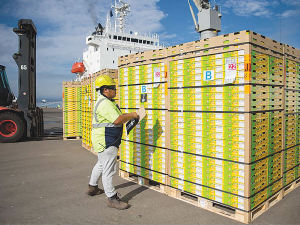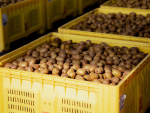Claims that NZ should have walked away from the EU FTA talks because the deal on beef and dairy was not up to expectations has been dismissed by government ministers, officials and some commentators.
When there was talk that NZ might walk away, the response from the EU was to say something like, 'feel free, but when you return to the negotiating table it won't be business as usual and we'll be expecting you to offer us something'.
Rural News understands that there was a risk that the EU would have demanded that Zespri's single-desk seller status be dismantled, at huge expense and disruption to NZ. This had apparently been raised early on in the talks, but strongly rejected by NZ, however, there were fears that the EU may try to bring it up again.
There were also concerns about the EU wanting to impose what is known as 'patent term extensions' for agricultural chemicals, meaning we would have been forced to use European patented chemicals instead of being able to use generic brands. They were also targeting generic medicines, all of which could have cost NZ millions of dollars.
The apparent rush to get a deal was based on the fast-moving political situation in Europe, with the rise of right wing and green groups who are anti-free trade. This is especially obviously in France where President Macron has already had to bow to such pressure when naming a new agriculture minister. The title is the Minister for Agriculture and Food Sovereignty - the latter word code for protectionism.
As it stands, the European farmer organisation COPA has made clear its opposition to the FTA saying for them the deal is painful and compromises their 'sensitive' sectors.
It is understood NZ's trade negotiators would have liked to get a better deal, but that it was a case of take what's on the table now or face the risk of a much more meagre offering at the end of the year.











